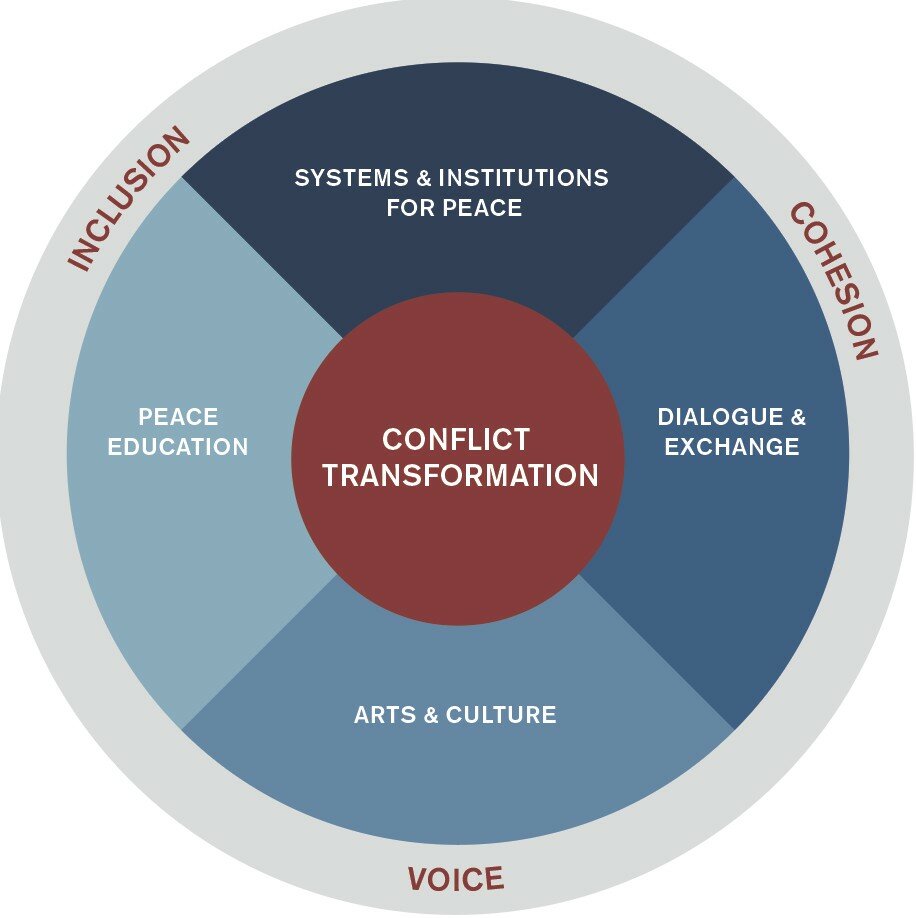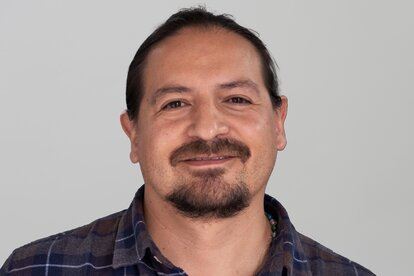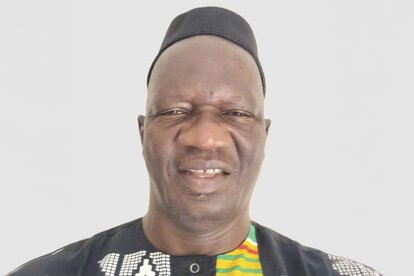Helvetas helps to transform conflicts into positive interactions that address differences and problems in a constructive way. We aim not only for “negative peace” (the absence of physical violence) but also “positive peace” (social justice and a culture of peace). We promote understanding and acceptance and are committed to constructively addressing root causes and drivers of conflict. We help create systems that ensure justice for all, especially safeguarding the rights of the most vulnerable groups.
“There is no peace without development, there is no development without peace”, said Jan Eliasson, ex-UN Deputy Secretary-General. This understanding is also enshrined in SDG 16. Sustainable development is only possible if conflicts are transformed and issues addressed in a conflict-sensitive manner. In many contexts, an integrated (nexus) approach that combines humanitarian, development and peacebuilding goals is essential.
Helvetas strongly believes in the principles of gender and social equity, human rights, good governance and conflict sensitivity. For systems to be inclusive and just, there must be a high level of freedom of expression and a high acceptance of differences in a diverse society. Spaces for cultural expression and political dialogue are crucial. They allow different stakeholders to engage, exchange and discuss the conditions needed to live together in peace. Helvetas supports social transformation processes towards positive peace and lasting social cohesion.
What we do
Helvetas’ partner countries are increasingly affected by conflict and fragility. Helvetas distinguishes between its work in and its work on conflict. Our projects are facing volatile social contexts and often address sensitive issues such as land and water management or governance mechanisms.
Helvetas is committed to working in a conflict-sensitive manner, meaning all projects are expected to take account of conflicts in their context and make sure they do no harm (work in conflict). In fragile contexts where conflicts have a direct impact on project implementation, some projects are conflict responsive, meaning they work to prevent, manage or resolve conflict as a necessary objective that contributes to the main project aim. In contexts where conflict is an obstacle to development, select projects are conflict transformative, meaning their main focus is transforming a specific conflict for a more cohesive and peaceful society (work on conflict).
This requires that our staff and partners are equipped to analyze and understand the local context, to recognize how our programs interact with their environment, and to design or adapt our actions accordingly. Our interventions support peace and social cohesion. They do no harm and minimize tension in the local context. As conflict transformation is a complex process of long-term change, it involves interventions at the three different stages of the conflict cycle: 1. Conflict prevention refers to efforts to address latent conflicts by addressing the causes of conflict and violence before a situation escalates; 2. Conflict management refers to efforts to reduce levels of tension and violence in open conflicts in the short-term; and 3.Conflict resolution refers to efforts to find long-term solutions to open conflicts. Defending, promoting and protecting human rights is also an important component of efforts to transform conflict since violations of human rights, which lead to or exacerbate inequalities, are often at the source of many conflicts.
Peace education
Our peace education activities foster positive social behavior, empathy and capacities for non-violent communication and promote the willingness to show civil courage and engage for peace. They increase people’s resilience to extremist and polarizing rhetoric and reinforce their capacities, competences and willingness to engage in actions that establish a culture of peace and non-violence.
Dialogue and mediation
We create or support inclusive spaces for dialogue and negotiation, where all human beings are treated with respect, without physical or psychological violence. In doing so we seek to promote mutual understanding and the reaching of sustainable agreements that take into account the needs and interests of all, particularly women, young people and other often marginalized groups.
Arts and culture for peace
Helvetas believes that expressing one’s identity and culture is a basic need. Particularly if populations lack other basic needs, artistic expression has an important psychosocial function, both for the artists and the audience. Art-based activities serve to stimulate creative thinking and new perspectives that may not be accessed through simply talking. They offer a non-confrontational way to approach delicate subjects, provide a different way for people to relate to each other, help to tap into feelings and emotions, and offer a way for people who are less verbal to express themselves and their ideas. Culture represents a society’s collective understanding of itself and its values. Cultural interventions seek to shape key questions related to conflict and peace, such as how a society views diversity or how it deals with past instances of conflict, violence or injustice. Our artistic and cultural projects strengthen resilience, develop and uphold an enabling environment, and initiate and support social transformation processes towards positive peace. By supporting arts and culture in contexts of conflict, Helvetas nourishes a fertile ground for sustainable peace.
Systems and institutions for peace
Systems and institutions for peace are closely linked to questions of good governance. Resilient societies and communities have norms, structures and institutions to prevent, manage and resolve conflict. We seek to strengthen institutional capacities for preventing, managing and resolving conflict. We support the strengthening or development of local and national systems and institutions such as peace committees, permanent and inclusive platforms for dialogue, mediation services, norms and legal frameworks for regulating disputes, and services providing peace education and training, paying special attention to valuing and facilitating women and youth’s role in contributing to lasting and peaceful outcomes.

What we offer
- Expertise in conflict sensitivity, peace education, arts and culture for peace, dialogue and mediation, and systems and institutions for peace.
- Capacity development for non-governmental and governmental bodies on conflict transformation topics.
- Support to participatory, inclusive and non-violent processes of conflict resolution and decision-making at the local level.
- Assistance in project and program development, designing and planning interventions.
- Advice on integrating conflict sensitivity in strategies and specific development approaches at the organizational, program/project and individual level.
- Tailor-made development and provision of instruments and training material for conflict analysis, conflict-sensitive program management and conflict transformation.
- Geographical coverage: Our advisors based in the Global South and Switzerland provide technical support to projects in Europe, Africa, Asia and Latin America.
Further information
Visit the following pages for more information on:
Contact our team
Our multilingual advisory team offers wide-ranging thematic expertise and has in-depth experience in navigating complex processes. Helvetas’ work builds on over 60 years of experience in more than 30 countries.
Check out our conflict transformation blog for more
Selected projects
Helvetas develops and guides projects. To be sustainable, they must be locally embedded. We support our partners in effectively organizing projects and processes and assist local authorities to better assume their responsibilities.




























































